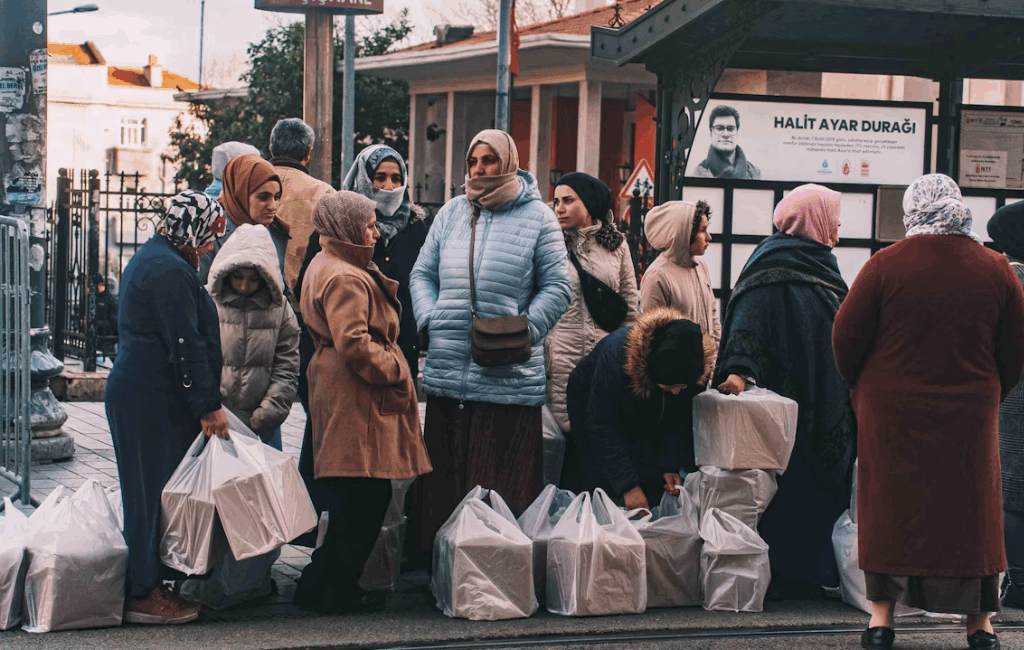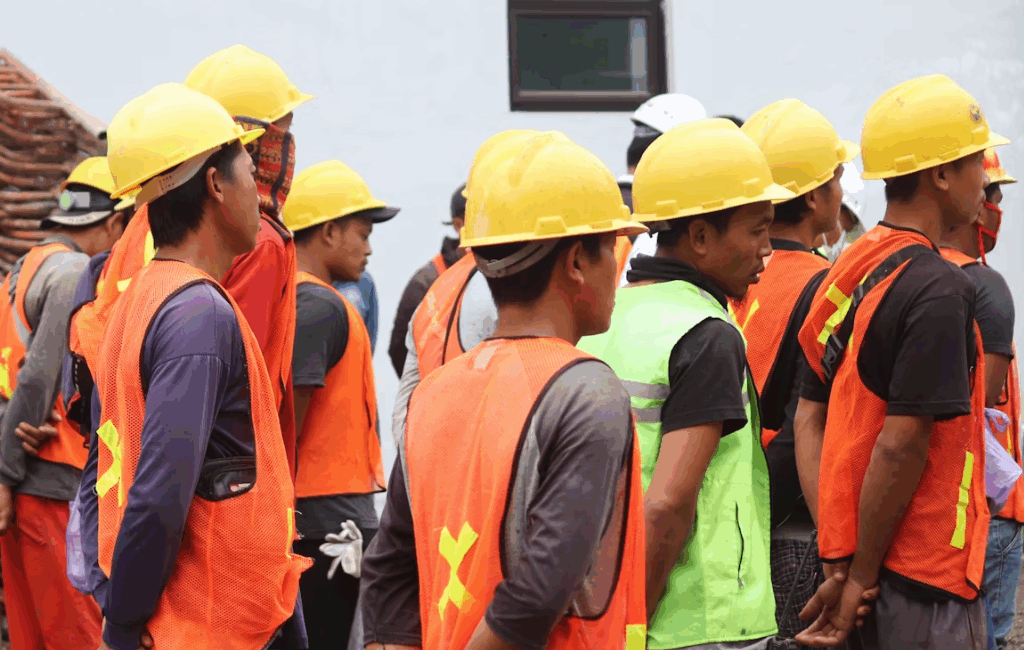
RESEARCH EXCHANGE
Between fundamental rights and immigration controls: Here’s how Europeans view irregular migrants
Author
About
Martin Ruhs
research
The presence of an estimated minimum of 2.6 to 3.2 million irregular migrants in Europe poses a significant challenge for both policymakers and voters: how to protect individuals’ fundamental rights and, at the same time, establish effective migration controls?
Access to rights and regularisation programmes is one of the most contested public policy issues across Europe. Yet, we know little about how Europeans think about these issues and which policies toward irregular migrants they prefer. Understanding public attitudes matters because they influence how feasible and sustainable policies are over time.
A recent survey with 20,000 respondents across Austria, Italy, Poland, Sweden, and the UK shows that Europeans have much more nuanced public attitudes toward policies vis-à-vis irregular migrants than many politicians think. European citizens clearly want greater control, but they also prefer policies that provide selective access to rights and regularisation opportunities.
How we run it
In the survey, respondents were presented with different multidimensional ‘packages’ of policies which varied in how they regulate irregular migrants’ access to healthcare, low-income support and back pay (in case their employers failed to pay their wages) as well as opportunities to obtain legal status.
Respondents were shown two policy packages at a time, and they were then asked to rate and decide which of the two they preferred. For each respondent, we repeated this process five times. This method allowed us to study how a change in a particular policy feature – e.g., a change in how access to low-income support is regulated – affects individuals’ support for the overall policy package.
What we learned
-Preference for targeted regularisation: Across all five countries, respondents showed consistent support for policies that allow irregular migrants to obtain legal residence under specific conditions, such as a minimum length of stay and a clean criminal record.
-Combining rights with immigration control: Policies that integrate access to legal rights with some type of migration enforcement (e.g., reporting duties for healthcare providers) tend to generate broader public acceptance, although this varies by policy type and country.
-Differentiation between different types of rights: While respondents tended to support conditional access to primary healthcare for irregular migrants, they showed opposition to granting cash-based benefits such as low-income support. Back pay for unpaid wages (a fundamental labour right) is supported when linked to migration enforcement measures.
-Role of prior legal status and economic contribution: People are more willing to support regularisation and rights protections for irregular migrants who previously worked legally in the host country—especially in essential roles like care for the elderly.
-National differences in public opinion: While broad trends were observed across all five countries, there were a few differences. Overall, Italian respondents displayed the greatest preference for inclusive policies.
What this means for policy
This study shows that when it comes to public preferences for policies vis-à-vis irregular migrants, policy design and context matter.
Consistent support for targeted regularisation policies suggests that there may be more ‘room for manoeuvre’ on this specific policy measure than many European policy actors seem to think.
We also saw that combining access to rights with immigration controls can generate public support in some situations but not in others. That means there’s space for smarter, more tailored reforms instead of blanket approaches.
Most importantly, the results show that public attitudes toward irregular migrants are not fixed. They shift depending on the policy and the context. This calls for a proactive, flexible, and rights-specific policy approach that is mindful of potential variations in public support, across both migrant groups and different countries.
Martin Ruhs is Professor of Migration Studies and Deputy Director of the Migration Policy Centre (MPC) at the European University Institute (EUI). He is PI of the Horizon Europe-funded PRIME project.
The full study is part of the international “PRIME” project that analyses the conditions of irregular migrants in Europe. PRIME is funded by the European Union Horizon Europe programme.
Submit your idea for a ‘short’ to be featured on the Co-Lab.












